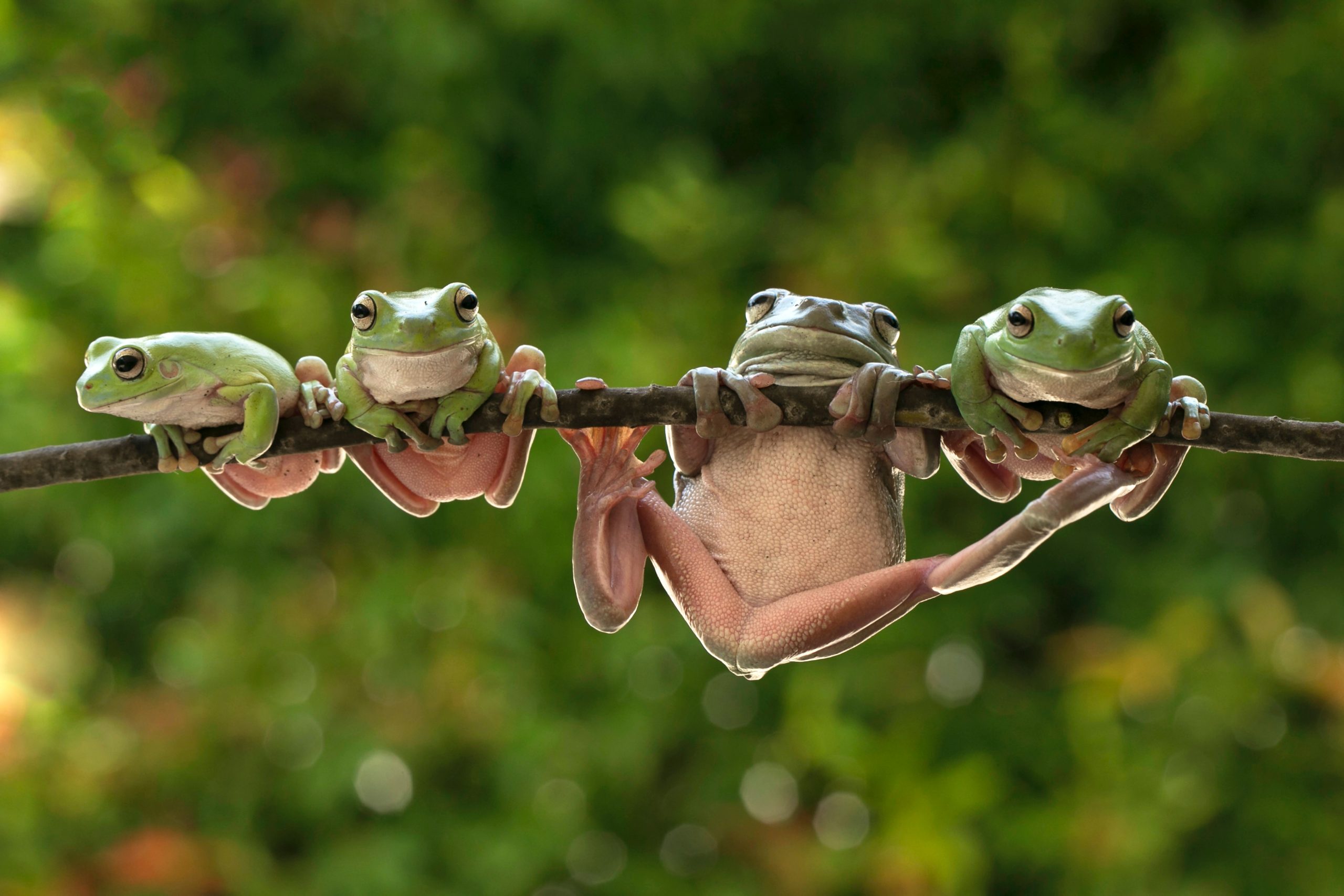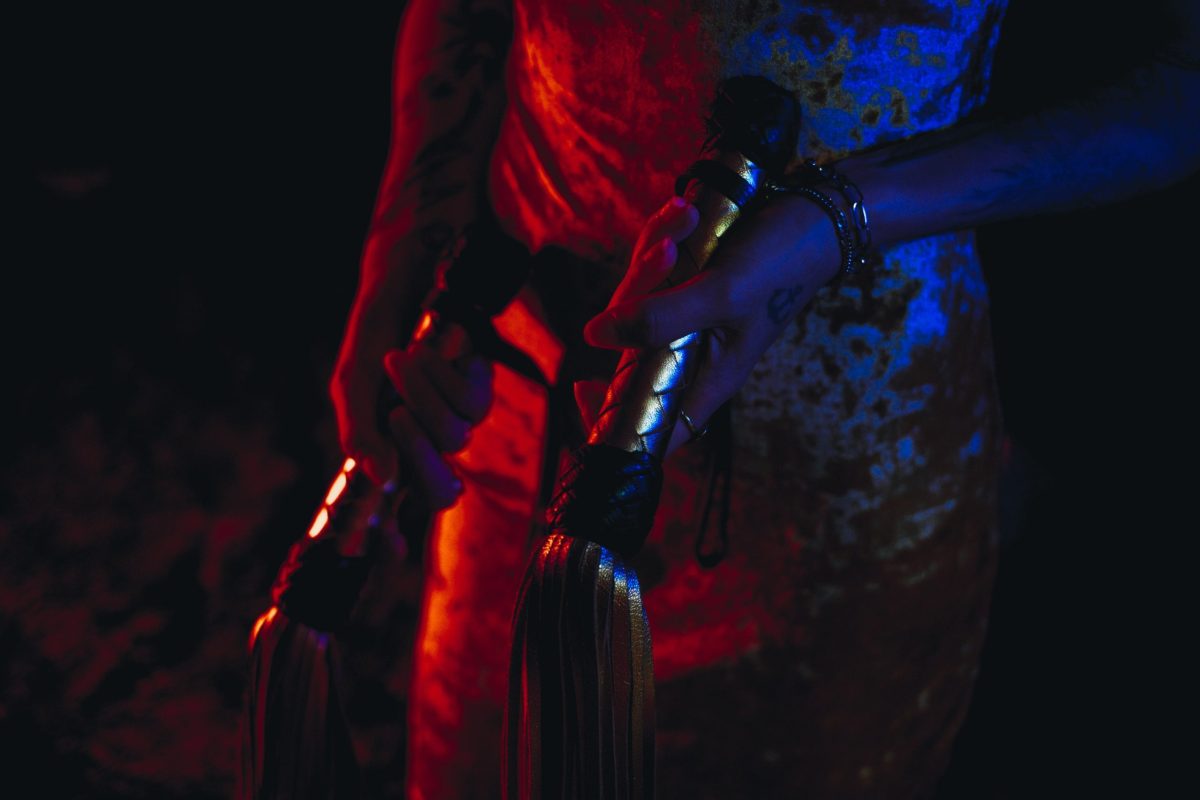interviews
Alejandro Varela on Why Gay Sex Doesn’t Make You Queer
The National Book Award finalist illustrates the fallacy of American social mobility in “The People Who Report More Stress”

“A disconsolate brown man in an unabashedly gentrified neighborhood is the beginning of a below-the-fold news item,” thinks Eduardo, the central character in Alejandro Varela’s new collection of interconnected stories, The People Who Report More Stress. He is sitting on a park bench, just moments after an emotionally devastating hookup, when he delivers this blunt observation about the world.
It’s this sharp, pithy commentary that permeates each story in The People Who Report More Stress. In “The Great Potato Famine,” Eduardo, sick and broken down by the state of healthcare in the United States, struggles to catch a cab back to Brooklyn. “The Six Times of Alan” looks at Eduardo’s love-hate patient-client relationship with a sometimes brilliant, mostly frustrating therapist. These stories are built like pressure cookers, all the tension roiling beneath every social interaction. Here, Varela uses his humor and wit to expose how people behave and react to one another, the biases they carry as well as the ones weaponized against them, as they navigate their lives with anxieties that are inextricable from an unkind and unjust history.
Varela and I chatted over email about overthinking in social situations, stress tied to class anxiety, and the possible difference between “queer” and “gay” fiction.
Christopher Gonzalez: You’ve spoken before about using fiction as a “conduit for public health”. Do you see any differences in how you incorporate public health advocacy in shorter fiction versus a novel? And, what do you hope The People Who Report More Stress could change about current policy?
Alejandro Varela: My public health curiosities dovetail with my own experiences on this planet: working class roots, Latine/x, immigrant parents, queer. What life has taught me is that differences are beautiful, but hierarchies are bad for our health. Whether based on race, class, gender, sexuality, ability, or nationality, they foster distrust and stress, both of which are detrimental to a cohesive society and to corporal health. I’ve never felt so unambiguous about anything in my life. And I am quite fortunate to have a background in public health to underpin these assertions. The research exists, and it’s become a bit of my life’s mission to make these sometimes abstract and esoteric ideas accessible to as many people as possible.
The American project has fooled us into believing that hard work and accountability are all one needs to succeed in this life. I know that to be untrue. People can bust their asses for a lifetime and fare much worse than their parents. They can do almost nothing and somehow leverage their parents’ wealth and skin color into billions. In both my short and long fiction, I’m trying to illustrate the fallacy of social mobility. I typically begin with an idea (a plot point, a scene, a location, a conversation) for a story I want to tell, sometimes vague, sometimes very specific. The public health content, both explicit and not, is secondary, but since I have a public health lens in life, it’s difficult not to apply it to my writing.
I can’t say my work rises to the point of political influence—¡Ojalá!—but I’d love for it to contribute to a larger conversation, one that elucidates how capitalism, individualism, and ladder climbing have negative consequences for humans. I hope readers set down my work and are happy to have read it, and feel it was worth their time. I also hope they think, Huh, eliminating the levels and barriers between us is the only remedy to our collective ills.
CG: The second story in the collection, “She and Her Kid and Me and Mine,” has stuck with me as a classic Varela story: Eduardo hosts a playdate with a white mom in his neighborhood whose name he can’t remember, and we’re given this thorough breakdown of race, gender and class dynamics in gentrified Brooklyn. By comparison, “Carlitos in Charge” is operatic in scale—it’s this erotic, political thriller, where we see the ramifications of colonialism and American intervention in El Salvador. Whether writing a more intimate story or something larger in scope, how do you find those moments for your protagonists and narrators to recall history, statistics, and data about systemic issues in a way that feels organic for the narrative?
What life has taught me is that differences are beautiful, but hierarchies are bad for our health.
AV: This inability to not overthink things is the trait I most share with my protagonists. The difference between me and Eduardo or Carlitos, however, is that I tend to keep my views and opinions to myself, which is to say, I don’t walk around telling people how to think or feel or draw the connections between their diabetes and settler colonialism. But I could! It would, in fact, be easy to do. The problem is humans, in particular the U.S. variety, don’t want to hear that the solutions to our problems are collective. We want the immediate individual fix. Who can blame us? Who doesn’t want succor in times of need? But this approach only kicks the can down the road. This is all made worse by the weakness of our political leaders and the Potemkin nature of our democratic institutions, never mind the lack of truth, reconciliation, or reparation for our history. And yet, I have hope. I write with hope and anger in equal measure. And I have found that neurotic and anxious protagonists allow me to say a lot without being too overbearing. Humorous didacticism can be entertaining, and it makes my protagonists necessarily imperfect.
CG: Class-jumping and class anxiety, more generally, are a shared source of stress for your characters. They’re never at ease, always in survival mode. There is stress even in other facets of their lives: relationships and dating, health, familial obligation. Even then, is their stress always tied to class?
AV: Absolutely. Humans are social animals above all things. The notion that we should excel economically at all costs implies a separation from the collective. We are choosing the individual over the community. The ramifications of that have been catastrophic for our society. As well as for the individual. Not only do the few of us who get to climb out of dire circumstances leave people behind, which is in itself devastating, we also end up in places where we are usually unwanted. To complicate matters, the early childhood and maternal stress that often accompanies lower socioeconomic status finds a permanent home inside of us, which is probably why those of us who do make the class jumps go to yoga and why we buy hot tubs, namely, to cope with the sadness and stress of conformity at the cost of dislocation. It’s a kick in the pants to have the resources to cope with stress but not be able to eliminate it for yourself or alleviate it for others. We’re simply left to report it.
CG: On the matter of the individual vs. a collective, do you see a collective as necessary to writing better fiction?
Gay sex isn’t enough—although it certainly was once, and still is in other contexts, but not so much in the American context—to qualify as queer.
AV: I hesitate to say better, but I tend to enjoy fiction that considers the social context for the individual(s). What experiences or conditions, for example, have shaped the protagonists or the worlds in which they operate? I will always gravitate toward a novel or collection full of upstream causes, sociological asides, and economic consequences. When I see workers striking for fair pay (here or halfway around the world), I cheer. I feel a visceral solidarity with anyone fighting for justice. I feel similarly when I see that struggle or like-mindedness in art. It’s akin to attending a march or rally and realizing you’re not alone. Yes! There are more of us who feel this way!
Since we’re talking about art and the collective, I’d be remiss not to acknowledge Hip Hop as the pinnacle of community-based art. One of its most beautiful attributes is its collectivism: the block, the cipher, the community, where the success of one often translates to the success of many. I can’t think of any other art forms that consistently function in this way. Maybe the “schools of… [insert visual art or philosophy era here]”, but I tend to think of those movements as comprised of competitors (even if friendly), not as fellow artists trying to elevate one another.
CG: While many of these stories revolve around Eduardo, in “Waiting,” we’re following Gus, his white immigrant husband after their separation. In Eduardo’s stories Gus always appears quite steadfast, but this is the first time we get to click into him on a deeper level. Did you always imagine there would be a story about Gus when you set out on writing the collection? And how did you approach capturing a tone that fit with the larger collection but didn’t sound like a story following Eduardo?
AV: Early feedback from friends about my stories almost always included questions about Gus. After a while, I realized his lack of perspective and dimension were missing enough to entice or distract the reader. And yet, I resisted. I had set out to write a collection that centered a brown, queer, class-jumping mestizo. We don’t have enough of those protagonists, but there’s no shortage of bourgeois white men. I also resisted developing Gus because one-dimensional non-white characters have always existed to serve the development or to bolster the arc of white characters. Why couldn’t Gus be that for Eduardo?
Truth is, I like Gus, and I like for all of my characters to be three-dimensional. I also wanted to explore the complications of “Latinidad,” the fallacy that we Latine/x folks are a monolith. Gus is an immigrant from Latin America, but he’s white. He’s white when he walks down the street; he’s white when he applies for a job; he’s white at the gay bar. His story was an opportunity to explore the racial hierarchy in the context of a marriage.
CG: In the first story, “An Other Man,” we see Eduardo and Gus opening their marriage for the first time, a thread we return to in “Grand Openings” and “Comrades.” It doesn’t seem to work for them, even in a multiverse, but there is a glimmer of hope for their child who, in one thread, comes out as trans and has hopes for a polyamorous commune. Do you see Eduardo’s anxieties about opening up his relationship as a generational one that perhaps is at odds with his queer politics?
AV: I have a very rudimentary understanding of what queer means. I’ve always believed it to be a questioning and an abrogation of institutions and norms that prevent the fullness of humanity. For example, I identify as a queer gay cis man, as do most of my protagonists. They are men who desire and have sex with men, but they also question the ways in which their desires conflict with social norms, how their sexuality forms crucibles with their other political identities. They have an awareness of how political categories are used by the powers that be to divide and conquer. Queer to me is a man who both enjoys rimming men and understands that reparations for slavery is racial, economic, gender, and LGTBQIA policy. My characters are of the multitasking guilt-ridden sort who cruise the halls of power and simultaneously simmer about the weakness of the minimum wage.
Gay sex isn’t enough—although it certainly was once, and still is in other contexts, but not so much in the American context—to qualify as queer. In some ways this is a semantic point, but it’s important to my work because I grapple with the road toward conformity. Eduardo, Gus, Carlitos, etc. have all strived to be gay men in good standing in society, but it’s their queerness that helps them to see the matrix—or maybe it’s because they see the matrix that they’re queer. What little they do to break free from what’s expected and accepted makes it easier for their children to live freely. Chronicling these battles with the internalized -isms is a way for the reader to take that journey too, to accelerate their own journey, or to witness the journey for the first time.
CG: What are examples of fiction you have read that include political analysis alongside its bourgeois gayness? Specifically, is there anything that influenced how you approached writing the stories in The People Who Report More Stress?
AV: I don’t have many examples to point to. I can think of gay fiction and queer fiction, but not much that breaks the wall to fully analyze the political underpinnings of the scene. (Nb: there’s plenty I haven’t read.) A stylized sort of pontification exists in the voices of Holden Caulfield, Harry Angstrom, the narrator of Middlemarch, Yunior. But in this regard, I’ve been much more influenced by film than literature. And very specifically, I can point to my experiences watching Annie Hall and Do the Right Thing for the first time. In the case of the latter, I think I was 17. And when the characters suddenly looked into the camera and delivered their race rants, I took notice. I hadn’t seen that sort of unvarnished editorializing in narrative form. The honesty of the moment inspired me on a creative level. Could it be? Was there a place for more pronounced telling in the sphere of showing? I’ve spent the last ten years trying to craft work that finds the right balance between my desire to tell and the artistry of showing. My hope is to develop a neurotic, self-effacing, intelligent, and hopefully endearing voice that can interrupt the showing to tell it like it is.
CG: Finally, what do you do personally to alleviate stress?
AV: First and foremost, host dinner parties. I have a great group of friends who make me laugh, who like to hug, and who tolerate the most insufferable similarities I share with my narrators. I also watch award acceptance speeches on YouTube because I’m fascinated by the silliness of artistic competition and the unbridled emotion it produces. And of course, I have sex whenever time permits.









